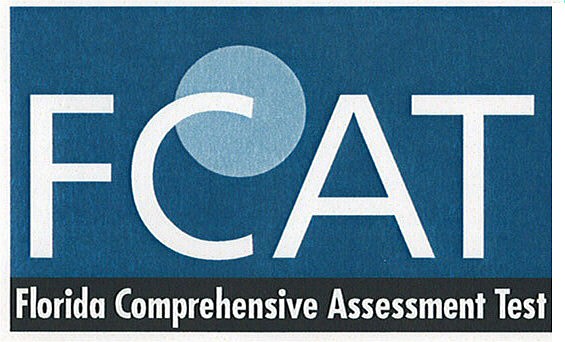- November 23, 2024
-
-
Loading

Loading

The Flagler County School Board recently supported the adoption of a high-stakes testing resolution. This editorial is a rebuttal to my opponent, whose letter to the editor was full of half-truths and outright misrepresentation of the board’s intent.
The FCAT first came into existence in 1998 and was intended to identify students’ strengths and weaknesses in relation to the new Sunshine State Standards. Since that time, the FCAT was expanded to include exams not only in reading and math but writing and science. During this time period they were revised to remove norm-referenced components and amend cut scores. The key components to the validity of the exam were removed!
A norm-reference assessment is the process of comparing one test-taker to his or her peers. The FCAT is now a criterion-reference assessment; only particular standards are tested, and the “cut scores” can be manipulated, as we witnessed when the State Board of Education changed the cut scores overnight.
I find it disturbing that someone who is running for an elected position charged with the educational future of our students would want teachers to only teach to the test. Our kids are much more than just one questionable test on one day. The resolution was to say, “Enough.” It was not just about the FCAT, it was about the inappropriate use of high-stakes tests.
The state would like for us to believe that the only test they are requiring is the FCAT. This is simply not true! This year alone, our students spent time not only taking the FCAT math, reading, writing and science exams but also a number of others: end-of-course assessments in algebra, geometry, biology, U.S. history and civics.
The window for testing is dictated by the state and often students are forced to take these EOCs long before the courses are complete. For example, the window for a district to test students in geometry is April 23 to May 11. However, school was not over until two weeks ago. How is that even remotely fair to our students and teachers? We are testing them on material that hasn’t even been taught yet.
Additionally, we must provide them with the Florida Kindergarten Readiness Screening, Florida Assessments for Instructional Reading, Preliminary SAT, Florida Alternate Assessment for Students with Significant Disabilities, Comprehensive English Language Learning Assessment and Advanced Placement exams — all of which take time and money.
We have testing companies making hundreds of thousands of dollars on assessments. The average cost spent on student assessments in 1997 was $5 a student. In the 2010-2011 school year it was $30.87 per student, and that doesn’t include the necessary technology, substitutes to cover classes, the development of these new EOCs, and on and on.
The misrepresentation of our students’ abilities hurts our economy, the teaching profession and, most importantly, our kids. As a state, we are not taken academically seriously! Even though the NAEP, a nationally normed reference test, shows we are out-performing the majority of other states across the country. In 2011, 71% of Florida’s fourth-graders were at or above the basic reading level, with only five other states scoring higher than us; but apparently now only half of our kids know how to read based on the new cut scores adopted by the State Board of Education.
We are the only state to show a consistent fourth-grade reading gain since 2002. Flagler County students have outscored the state in multiple assessments. Do we have work to do? Absolutely! However, how can those of us in the position of authority not begin to seriously question the assessment tools being used when such inconsistencies exist?
In addition, these assessments are now being used to judge the effectiveness of our teachers. No one in education has an issue with learning gains or accountability. We would all agree that students should walk out the door in June showing academic growth. And teachers who are not effective need to leave the profession prior to committing what I call educational malpractice.
However, testing, testing, testing our students will not make them smarter. Forcing teachers to teach to a criterion-referenced test will not provide our students with the skills necessary for the 21st century.
What my opponent failed to mention is that all of this was discussed during the meeting, along with the notion that diagnostic/standardized tests are critical tools. Student success and high standards are the desired expectations of the Flagler County School Board. I do not support them being used as a political bully club.
I am proud of my colleagues on the Florida School Board Association’s Board of Directors and the full membership from 67 counties for adopting a Florida-specific high-stakes resolution, including five specific recommendations. I am proud of them for standing together for Florida’s kids!
I would encourage my opponent to do additional research on the push back of the high-stakes testing movement in Florida. There are many of us in education who embrace true accountability, high standards and the appropriate use of student assessments but rail against the inappropriate use of high-stakes tests that hurt kids and teachers and negatively impact the classroom. There must be a sense of balance restored for the good of our nation.
Colleen Conklin represents District 3 on the Flagler County School Board. Deborah Laury is running against her in August.